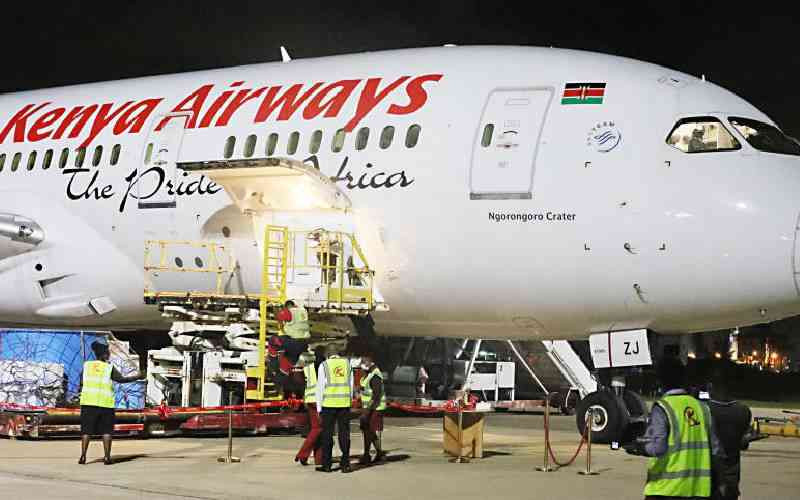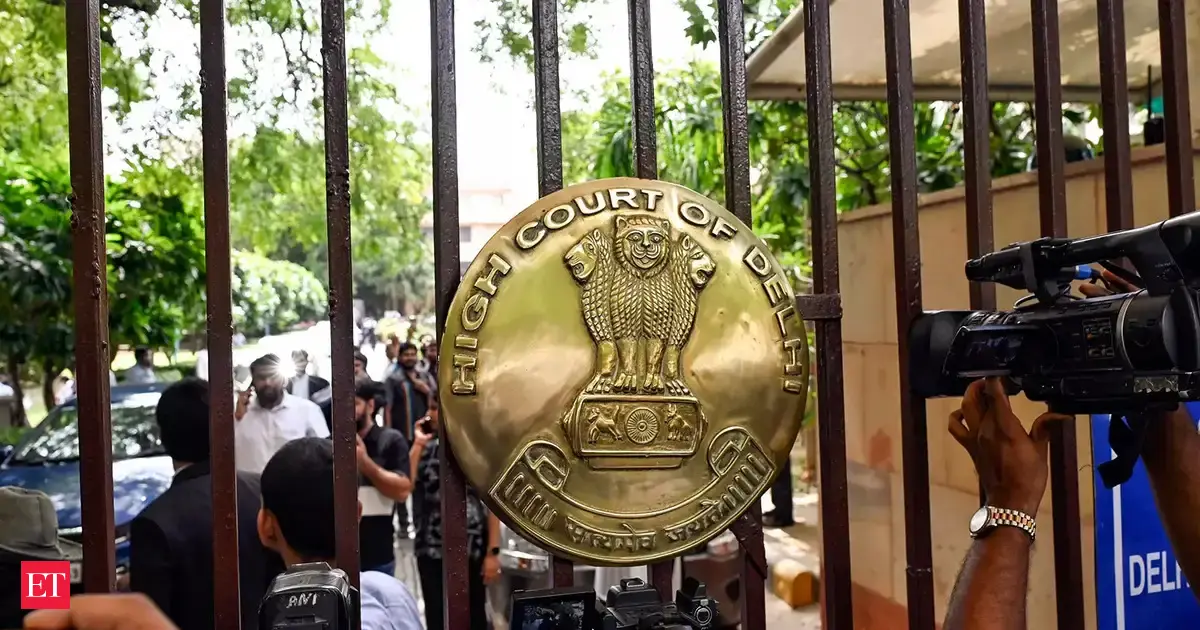By Irene Githinji,Standard Business
Copyright standardmedia

Kenya Airways CEO Allan Kilavuka before the National Assembly Public Debt and Privatization Committee at Parliament on September 30, 2025. [Boniface Okendo, Standard]
A parliamentary committee on Tuesday heard that a Kenya Airways (KQ) project, premised on certain economic and market assumptions, turned into one of the most expensive ventures that did not take off as expected.
The airline’s chief executive officer Allan Kilavuka told the National Assembly committee on Public Debt and Privatisation that the project dubbed Mawingu valued at about Sh387 billion (USD3billion) was an expansion gamble, whose objective was dominance for the national carrier in the African aviation market, which was not attained.
This, he said, negatively impacted on the performance of the airline and eroded its equity, further threatening its very survival and left taxpayers to shoulder massive debt.
Project Mawingu, launched in 2012, was expected to push KQ into a global airline with 119 destinations by 2021.
“Project Mawingu and its related long term commitments were premised on certain economic and key market assumptions that included an increase in industry profitability especially following the recovery from economic recession in 2008-2009, a forecasted economic rate of 5.3 per cent and a projected rise in global GDP growth, where two thirds of global growth was to come from emerging economies,” he said.
Kilavuka said the project collapsed under the weight of over-ambitious aircraft acquisitions and financing costs, which gave rise to the airline’s unsustainable debt.
“The idea of Project Mawingu was to increase the fleet of the airline from 31 passenger aircraft then and expand that to 107 passenger aircraft, almost more than three times the growth and also 12 freighters to support cargo. The airline needed about USD3 billion (Sh387bn),” said Kilavuka.
After Mawingu, other initiatives dubbed Safari and Kifaru were born but owing to the mounting losses and heavy borrowing, their implementation also faced challenges.
As part of Project Kifaru restructuring programme, the Government was to provide funding to enable a complete restructure of KQ and the Cabinet in 2022 approved funding of USD 363 million (Sh43 billion) to implement restructuring.
But the government has had to repay billions on guaranteed loans, some through equity in the airline.
According to data that the CEO presented to the committee, an estimated USD167million (Sh21.58 billion) owed to 10 local banks was converted to equity with a shareholding of 38 per cent and part of remained as debt.
An amount of Sh19.69 billion in loans was in January to various banks owed by KQ but guaranteed by the Government.
“KQ could not settle this due to cashflow pressure attributed to the impact of COVID-19 pandemic. A shareholder loan agreement between government and KQ is currently being finalized and should be signed within the next two months,” he said.
Kinangop MP Kwenya Thuku questioned the said conversion of USD167 million in local bank loans into equity, which gave lenders a 38 per cent stake in the airline.
According to the committee members, the valuation, which led to equity conversion undervalued government and shareholder interests, raising the need for a scrutiny into how asset values were computed during restructuring.
“How much loan in total has the Government advanced to KQ, and what is the equivalent of this 38 per cent, which was converted because in your presentation the intervention from 2017 to 2019, the government of Kenya paid the banks Sh17 billion,” Kwenya said.
Similarly, Nyaribari Masaba MP Daniel Maduku raised questions on how the airline sought to repay Kenyans an estimated Sh70 billion put to KQs operations, noting that repayment timelines are uncertain and the burden continues on taxpayers.
“We saw KQ post a huge profit …will that be the trajectory? If so, when are you going to be off the hook so that we just do not keep pumping in money,” posed Manduku.
But Kilavuka explained the need to stabilize the airline, despite reporting a record Sh5.4 billion profit last year.
He said that the airline posted profits last year as a result of several factors, including recording the highest number of passengers in the history of about 5.3 million, which saw a revenue of about Sh188 billion, a stable exchange rate as well as project Kifaru restructuring plan.
“Profitability does not equal to sustainability without a significant capital injection. For the profit to be sustainable, the airline requires funding not guarantee long-term survival. Much as there is business, we are 20 per cent capacity less and it is losing a lot, we need to bring that capacity to 100 per cent,” the CEO explained.
According to Kilavuka, KQ projected a USD400 million (Sh51.7 billion) funding, which they did not receive and instead, USD100 million (Sh12.9billion) has been granted to date.
“We have an alternative of obtaining a strategic investor to pump in more money for the airline to be sustainable and to reduce dependance on state support. Without an investor, our turnaround is not guaranteed,” he told the committee.
To date, the government has put over Sh70 billion into the carrier, with some loan agreements still awaiting Treasury approval though the bailouts have not fully resolved the airline’s challenges.



